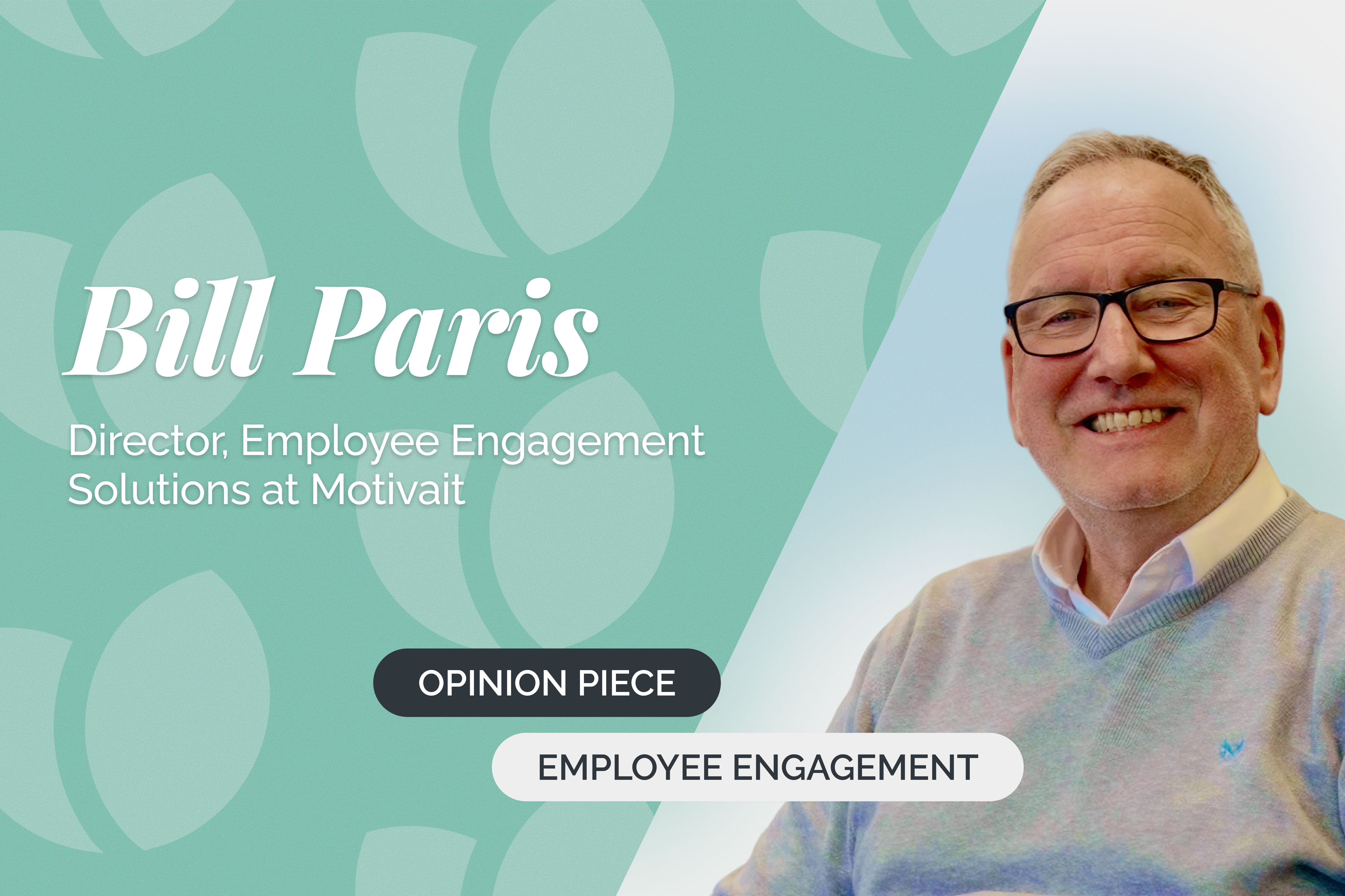Earlier in my life, I spent countless hours between the posts as a goalkeeper, dreaming of becoming a professional footballer. That dream didn’t quite materialise, but I was fortunate to enjoy playing the game at a decent level for many years.
Football back then wasn’t glamorous. Training twice a week in the evenings, often on muddy pitches in wind, rain and cold was tough, but it was a huge part of my life.
Looking back, those years taught me some of my most valuable lessons about people, teamwork and what we now call employee engagement.
Discipline
Football demanded discipline. Showing up for training, pushing through pre-season pain, following tactics and picking yourself up quickly after a poor result or performance. The same consistency is essential in the workplace. Employees engage more when leaders create an environment where people understand the vision, know what’s expected and trust that standards are applied fairly. Consistency builds trust and trust fuels engagement.
Teamwork
As a goalkeeper, you can’t win a match on your own. I relied on defenders to protect me, midfielders to dictate play and forwards to score most of the goals. Every role mattered, even if it wasn’t in the spotlight. Engagement in the workplace works the same way: it flourishes when people feel their contribution is valued and can see how their work connects to a shared purpose. If even one part of the team feels isolated or undervalued, overall performance can suffer.
Voice
It wasn’t just about making saves and keeping the ball out of the net. From my position on the pitch, I had a unique view of the game. I could see the runs opponents were making or the space our defenders were leaving open. It was my job to communicate, guide and keep the team alert, sometimes making the difference between winning and losing. The same applies at work: the people closest to the action often see the risks or opportunities first. The best leaders listen, involve and empower their people to speak up.
Leadership
One thing that really stayed with me was the impact of the manager, coaches and captain. It wasn’t just about setting the tactics, they inspired us to be our best, encouraged every player and led by example. Watching how they motivated the team showed me that engagement is contagious. When people feel supported, respected and guided by someone they trust, they step up, take ownership and deliver their best.
As my career progressed, these lessons stayed with me. I helped set up employee-led teams who took the initiative to identify and solve their own challenges. Seeing people take ownership, bring energy to ideas, deliver solutions and grow their skills reminded me of those moments on the pitch when everything clicked and everyone played their part.
For me, employee engagement has never been about a programme or a survey. It’s about creating the conditions where people feel valued, supported and challenged; where they care about the mission and understand their role in achieving it. Just like in football, engagement doesn’t guarantee victory, but it gives the team the best chance to succeed.
That’s why I’m still so passionate about employee engagement and the impact it can have on the world of work. Whether on the pitch or in an organisation, success comes when people are involved, committed and inspired to play their part.
What lessons have you learned from sport or other interests outside work that have shaped how you create an effective working environment?









